Online B.A. in Economics
About the Program
The online B.A. in Economics provides a broad coverage of economic concepts and methods. You’ll develop strong analytical and critical thinking skills for successful careers in economics, business, law, public administration, public policy, and many other fields.
The program is flexible enough to pursue a minor or double major in another discipline.
Contact Us
Have questions about earning your B.A. in Economics online with UMaine? Contact a UMaineOnline advisor.
Student Experiences
Curriculum
Our curriculum develops in-demand professional skills through data analysis exercises, exploring real-world issues, and solving problems that build critical thinking skills.
You’ll take a core set of classes in microeconomics, macroeconomics, and data analysis. Other Economics courses and general electives set your degree apart.
Admissions
Careers
Economics is a great major if you’re looking for a career in banking or financial services, consulting, government, non-profits, law, or any field that needs strong critical thinking and data analysis skills.
Common career paths for economics graduates include:
- Economist
- Statistician
- Data Scientist
- Research Analyst
- Risk Analyst
- Policy Advisor
- Cost-Benefit Analyst
- Accountant
- International Trade Analyst
- Financial Consultant, Analyst, or Planner
- Investment Analyst
Economics is a top-paying major nationally, and Economics majors are among the top earners at UMaine. Success in the job market is due to the analytical, quantitative, and computing skills students develop.
Strong faculty networks with diverse organizations and alumni help identify work opportunities upon graduation. Learn more about the careers of some of the School of Economics alumni at umaine.edu/soe/alumni.
According to the U.S. Bureau of Labor Statistics (BLS), the employment of economists is projected to grow 6% from 2022 to 2032, faster than average, with about 1,200 openings per year. The median annual wage for economists was $115,730 in May 2023, higher than the median yearly wage for all occupations of $48,060.












